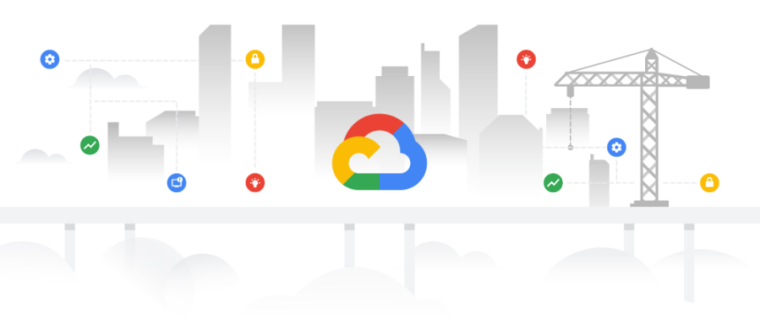
Google's reputation for aggressively killing products and services is hurting the company's brand. Any new product launch from Google is no longer a reason for optimism; instead, the company is met with questions about when the product will be shut down. It's a problem entirely of Google's own making, and it's yet another barrier that discourages customers from investing (either time, money, or data) in the latest Google thing. The wide public skepticism of Google Stadia is a great example of the problem.
A Google division with similar issues is Google Cloud Platform, which asks companies and developers to build a product or service powered by Google's cloud infrastructure. Like the rest of Google, Cloud Platform has a reputation for instability, thanks to quickly deprecating APIs, which require any project hosted on Google's platform to be continuously updated to keep up with the latest changes. Google Cloud wants to address this issue, though, with a new "Enterprise API" designation.
Enterprise APIs basically get a roadmap that promises stability for certain APIs. Google says, "The burden is on us: Our working principle is that no feature may be removed (or changed in a way that is not backwards compatible) for as long as customers are actively using it. If a deprecation or breaking change is inevitable, then the burden is on us to make the migration as effortless as possible."If Google needs to change an API, customers will now get a minimum of one year's notice, along with tools, documentation, and other materials. Google goes on to say, "To make sure we follow these tenets, any change we introduce to an API is reviewed by a centralized board of product and engineering leads and follows a rigorous product lifecycle evaluation."
Despite being one of the world's largest Internet companies and basically defining what modern cloud infrastructure looks like, Google isn't doing very well in the cloud infrastructure market. Analyst firm Canalys puts Google in a distant third, with 7 percent market share, behind Microsoft Azure (19 percent) and market leader Amazon Web Services (32 percent). Rumor has it (according to a report from The Information) that Google Cloud Platform is facing a 2023 deadline to beat AWS and Microsoft, or it will risk losing funding.
Ex-Googler Steve Yegge laid out the problems with Google Cloud Platform last year in a post titled "Dear Google Cloud: Your Deprecation Policy is Killing You." Google's announcement seems to hit most of what that post highlights, like a lack of documentation and support, an endless treadmill of API upgrades, and Google Cloud's general disregard for backward compatibility. Yegge argues that successful platforms like Windows, Java, and Android (a group Yegge says is isolated from the larger Google culture) owe much of their success to their commitment to platform stability. AWS is the market leader partly because it's considered a lot more stable than Google Cloud Platform.
Google Cloud gets it
Protocol reports that Google VP Kripa Krishnan was asked during the announcement if she is familiar with the "Killed By Google" website and Twitter account, both run by Cody Ogden. The report says Krishnan "couldn't help but laugh," and she said, "It was pretty apparent to us from many sources on the Internet that we were not doing well."
Google Cloud Platform's awareness of Google's reputation, its steps to limit disruption to customers, and its communication of which offerings are more stable than others have created a model for the rest of the company. Many Google products suffer from the specter of unceremonious shutdowns, and that's enough to force customers to seek alternatives. The primary fix to the problem is simply mitigation—i.e., stop shutting so many things down all the time. But a close second would be communication—just tell customers your plans for future support.
Google seems to have no problem offering a public roadmap for the software it ships on hardware devices. Pixel phones and Chromebooks both have public support statements for their software, showing a minimum date for which the devices can count on support. For instance, we know a Pixel 5 will continue to receive updates until at least October 2023.
Google can't do anything to immediately solve its reputation for killing products and services, but communication can help relieve some of the hesitation users and companies increasingly feel when investing in a Google product. If the company doesn't plan on killing a product for a long time, it should say so! Google should tell users and company partners which products are stable and which ones are fly-by-night experiments.
Of course, for this idea to work, Google has to actually stick to any public commitments it makes so people can trust it will follow through. Recently, the company has not done this. It promised three years of support for Android Things, the Internet-of-things version of Android. Instead, Google ended OS updates after only one year. If the company really wants to fix its reputation for instability, it will need to prove itself to customers over time.
reader comments
123